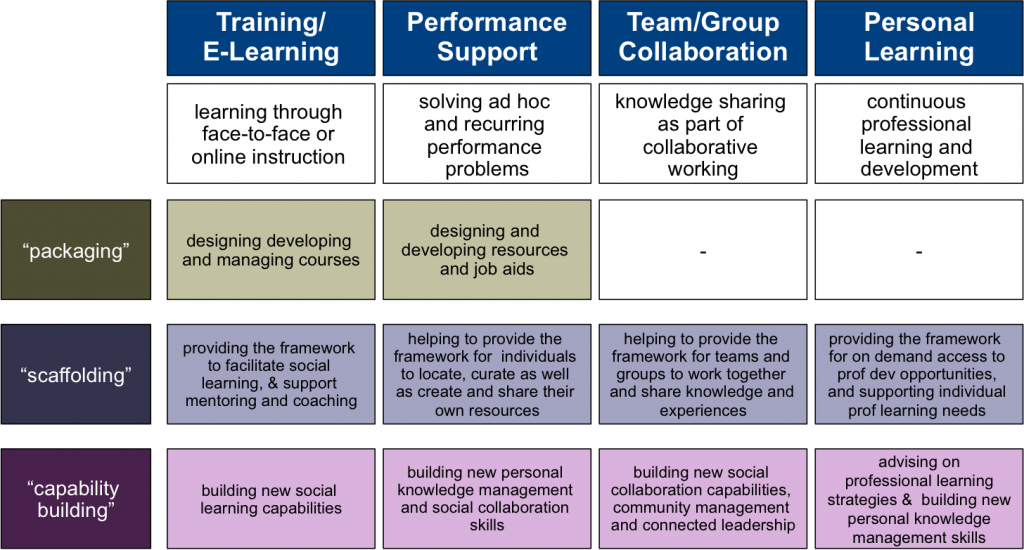L’enseignement supérieur de demain se fera-t-il à distance ?
 Blog "Il y a une vie après le bac" d'Olivier Rollot. Avec le développement des massively open online courses (MOOC), ces cours en ligne gratuits dispensés aux États-Unis par les plus grandes universités, le e-learning est devenu le sujet d’intérêt majeur des acteurs de l’enseignement supérieur. En annonçant qu’elle rejoint Coursera, l’École polytechnique ouvre bien grandes les portes des MOOC à la française..
Blog "Il y a une vie après le bac" d'Olivier Rollot. Avec le développement des massively open online courses (MOOC), ces cours en ligne gratuits dispensés aux États-Unis par les plus grandes universités, le e-learning est devenu le sujet d’intérêt majeur des acteurs de l’enseignement supérieur. En annonçant qu’elle rejoint Coursera, l’École polytechnique ouvre bien grandes les portes des MOOC à la française..Aux États-Unis ils s’appellent Coursera, Udacity ou edX, au Royaume-Uni FutureLearn s’apprête à se lancer, tous mettent en ligne des centaines de cours gratuits pouvant ensuite déboucher sur l'obtention de certificats. En France les MOOC n’existent aujourd’hui quasiment pas mais tout le monde en parle. En annonçant, qu’elle allait mettre gratuitement en ligne quelques cours à la rentrée 2013 sur une partie qui lui sera dédiée du site Coursera (lire plus bas), l’École Polytechnique rejoint un mouvement qui a débuté aux États-Unis en 2011 quand l’université de Stanford a ouvert son premier cours en ligne sur l’intelligence artificielle.
Auparavant, la Khan Academy mettait bien des cours en ligne mais ne se prenait pas pour une grande université pour autant. A la suite de Stanford, ce sont toutes les grandes universités américaines qui ont rejoint un mouvement qui a littéralement frappé le monde de l’enseignement de stupeur. Mais comment les universités américaines peuvent-elles mettre – gratuitement - en ligne des contenus qu’elles font normalement payer cher, très cher, à des étudiants triés sur le volet? « La création de MOOC est réservée à de grands établissements qui inventent ainsi de nouveaux business models: l’enseignement est gratuit à l’entrée mais payant à la sortie, lorsqu’il faut délivrer un diplôme ou un certificat à ceux qui ont suivi gratuitement les cours en ligne », répond Jean-François Fiorina, le directeur adjoint du groupe Grenoble École de management. Suite de l'article...
 Blag "Tá an saol i ndiaidh scoile ard" de Olivier Rollot. Le forbairt na rásaíocht massively oscailte ar líne (MOOC), ar na cúrsaí saor in aisce ar líne ar fáil sna Stáit Aontaithe ag ollscoileanna le rá, tá r-fhoghlama a bheith ar an ábhar na bpáirtithe leasmhara spéis mhór san ardoideachas. Ag fógairt a tháinig isteach é Coursera, osclaíonn Polytechnic doirse MOOC leor na Fraince. Níos mó...
Blag "Tá an saol i ndiaidh scoile ard" de Olivier Rollot. Le forbairt na rásaíocht massively oscailte ar líne (MOOC), ar na cúrsaí saor in aisce ar líne ar fáil sna Stáit Aontaithe ag ollscoileanna le rá, tá r-fhoghlama a bheith ar an ábhar na bpáirtithe leasmhara spéis mhór san ardoideachas. Ag fógairt a tháinig isteach é Coursera, osclaíonn Polytechnic doirse MOOC leor na Fraince. Níos mó...






/https%3A%2F%2Fprofilepics.canalblog.com%2Fprofilepics%2F1%2F0%2F1076071.jpg)